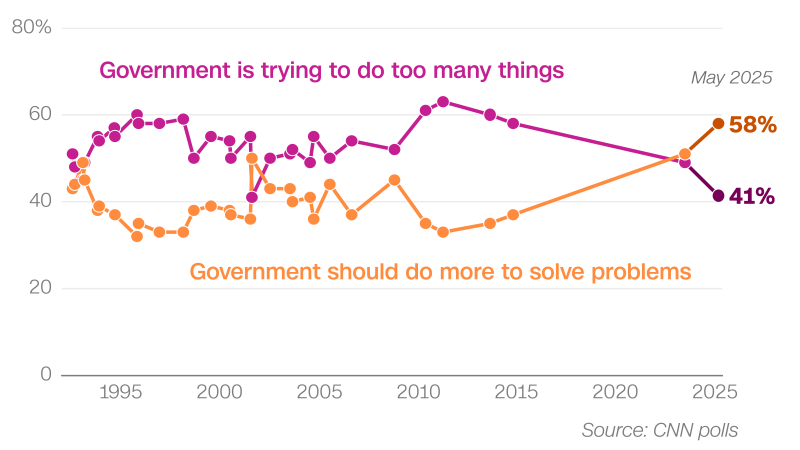France Finally Restores Honour: Dreyfus Promoted to Brigadier General Over 130 Years After Wrongful Conviction

In a landmark decision hailed as a significant step towards reconciliation, the French National Assembly has voted to promote Alfred Dreyfus to the rank of Brigadier General. This momentous act occurs over 130 years after Dreyfus, a Jewish army officer, was wrongly convicted of espionage, a scandal that deeply divided France and exposed the pervasive antisemitism within its institutions.
The Dreyfus Affair, which began in 1894, remains a pivotal moment in French history. Dreyfus was accused of passing military secrets to Germany, based on flimsy evidence and fueled by prejudice. He was court-martialed, found guilty, and publicly humiliated – stripped of his rank and sentenced to life imprisonment on the infamous Devil's Island in French Guiana. The initial conviction was widely accepted by many in French society, reflecting a climate of antisemitism and nationalistic fervor.
However, doubts about Dreyfus’s guilt began to emerge, spearheaded by the unwavering efforts of his family and a growing number of intellectuals and politicians who championed his cause. Émile Zola’s powerful open letter, “J’accuse…!”, published in 1898, directly accused high-ranking military officials of covering up evidence and manipulating the investigation to protect the army's reputation. This act of defiance ignited a national debate and brought the affair into the forefront of public consciousness.
Despite mounting evidence of his innocence, Dreyfus continued to suffer. He was briefly pardoned in 1899, but the military refused to overturn the original conviction. It wasn't until 1906, after years of tireless campaigning and further revelations of fabricated evidence, that Dreyfus was officially exonerated and reinstated into the army. However, the stain of the initial conviction lingered, a constant reminder of the injustice he had endured.
The decision to promote Dreyfus to Brigadier General is seen as a powerful symbol of France's commitment to confronting its past and acknowledging the deep-seated antisemitism that played a central role in the Dreyfus Affair. It is a belated, but vital, act of restorative justice, demonstrating a renewed dedication to upholding principles of fairness, equality, and due process. This recognition comes at a time when concerns about the resurgence of antisemitism are once again rising in Europe and beyond, making it all the more poignant and significant.
The National Assembly’s vote is not just a historical correction; it's a message of hope and a reminder that even the most entrenched injustices can be overcome through perseverance and a commitment to truth. It serves as a powerful lesson for future generations, highlighting the importance of vigilance against prejudice and the enduring need to safeguard democratic values.






